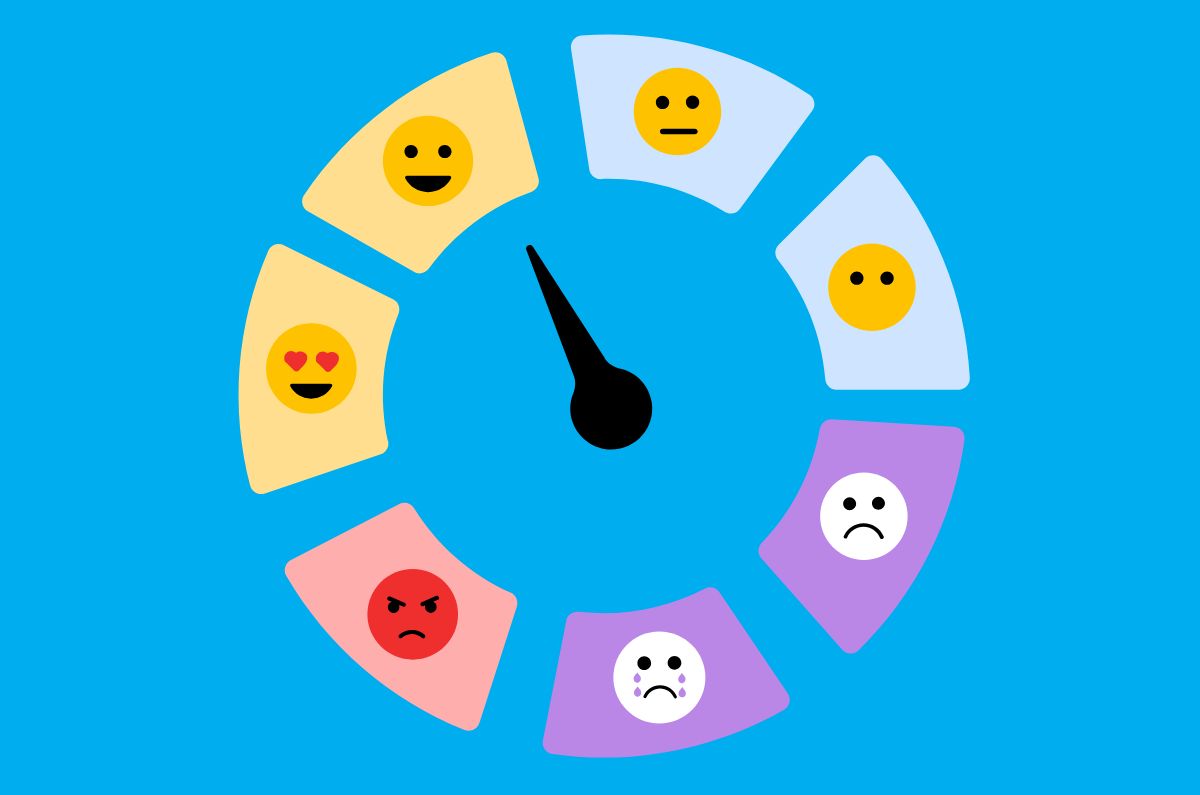Written by: Jenny Koadlow, Senior Psychologist and Makakhiwe Masuku, Placement Student (Masters in Psychotherapy)
Musculoskeletal conditions affect 20–30% of people in Australia, with prevalence increasing due to social and environmental factors (e.g. sedentary lifestyle). Conditions such as osteoarthritis, low back pain, fibromyalgia and psychological distress are strongly interconnected, often occurring concurrently. Furthermore, musculoskeletal pain (MSKP) in combination with reduced physical function is associated with increased risk of mental health issues, such as depression and anxiety.
Research shows that people with MSKP, such as lower back pain, frequently experience higher rates of depression, anxiety, fatigue, and sleep disturbances. Likewise, pre-existing mental health issues can increase the likelihood or severity of MKSP, emphasising the need for integrated collaborative care.
Several factors drive the interplay between chronic pain and psychological distress.
MSKP can lead to functional limitations, with individuals often engaging in avoidance behaviours that reduce movement and activity. This can contribute to feelings of helplessness, grief, and anxiety. Thoughts like “If I do this, I might experience more pain than I can handle”, or “It might never go away, I miss how things used to be” are common, reflecting the emotional toll MSKP has on a person.
Furthermore, loss of function is related to social withdrawal, limited work and social engagement, contributing to feelings of loneliness, loss of identity, and mood disorders. Chronic psychological stress is another key factor, as it can induce muscle tension through the release of cortisol and other stress hormones, intensifying discomfort and worsening MSKP over time. Additionally, mental health conditions like depression can alter pain perception, often increasing pain sensitivity. This can result in seeking comfort through unhealthy behaviours, such as poor diet and substance use, further adding to chronic pain and mental distress, hindering the recovery process.
MSKP should never be treated in isolation from mental health. Acknowledging the interconnected nature of pain and psychological wellbeing leads to better care, improved function, and enhanced quality of life.
Below are some recommendations:
- Multidisciplinary Care
Effective management involves collaboration amongst general practitioners, mental health professionals, and pain specialists. Cognitive Behavioural Therapy (CBT) is particularly helpful in addressing maladaptive pain beliefs and building psychological/ behavioural resilience/ capacity. - Routine Psychosocial Assessment
Screening for depression, anxiety, and social stressors should be standard in MSKP care. Interventions that improve workplace accommodations and promote social support can reduce these risks. For example – reduced workload, positive work and learning relationships to reduce stress. - Lifestyle Interventions
Encouraging physical activity, good nutrition, sleep hygiene, and mindfulness practices supports both emotional and physical healing. It’s useful to introduce at least a 10-minute daily walk, or other form of exercise, stretching before bed and practising mindfulness (journaling, relaxation and/or breathing exercises).
It is important to remember that you are not alone, and that supports are available to you, such as contacting your GP to seek a referral to mental health supports in your area.
References:
- https://bmcmusculoskeletdisord.biomedcentral.com/articles/10.1186/s12891-022-06051-9
- https://pmc.ncbi.nlm.nih.gov/articles/PMC7408666/
- https://www.comcare.gov.au/about/forms-pubs/docs/pubs/safety/the-impact-of-psychosocial-issues-on-musculoskeletal-disorders-factsheet.pdf
For more information and to learn more
- Independence Australia’s Psychology and Counselling Service – for more information, email psychology@iagroup.org.au to enquire about their bulk-billing psychologists.
- Call Musculoskeletal Health Australia’s B.A.M. Helpline [Back pain | Arthritis | Musculoskeletal conditions] and speak to our friendly team on 1800 263 265 or email helpline@muscha.org
- Learn more about the Biopsychosocial Model









